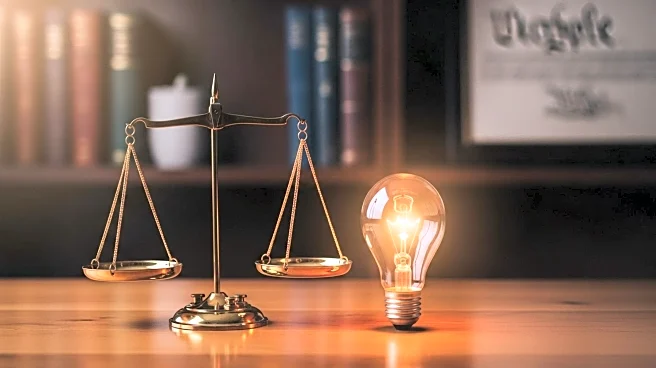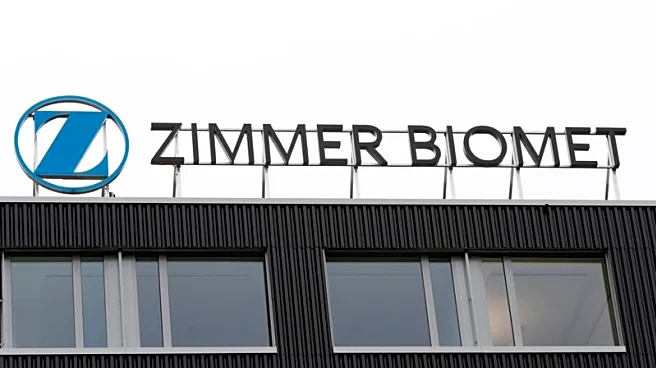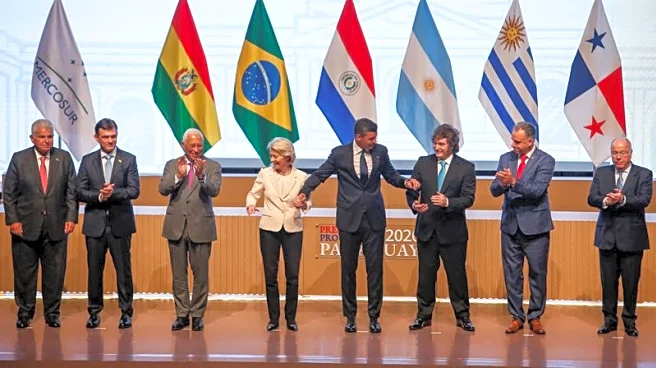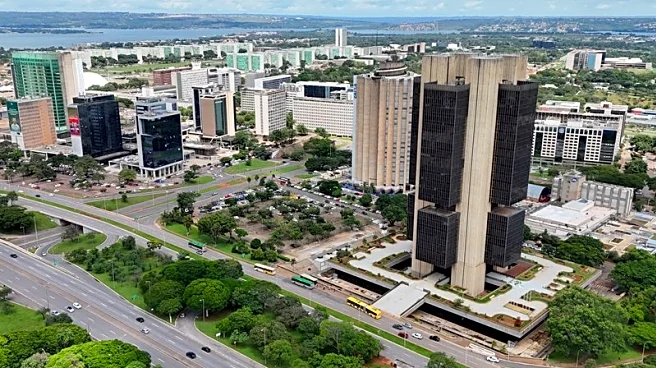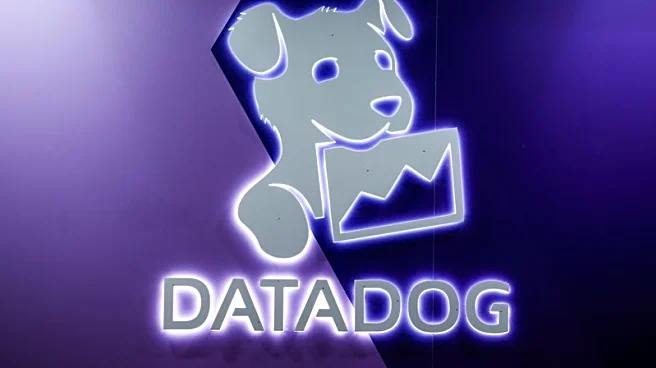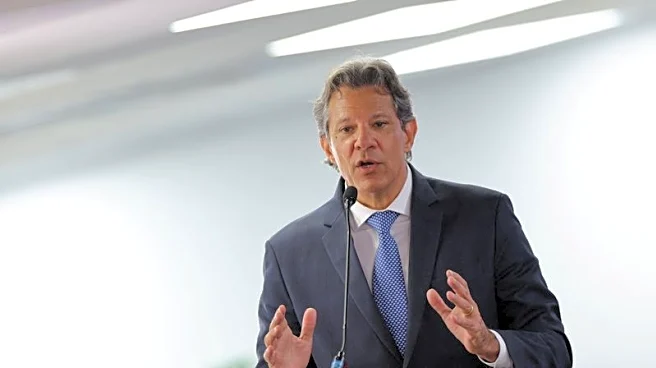What's Happening?
Supreme Court Justice Sonia Sotomayor emphasized the need for improved civic education in the United States during a panel discussion at the 'Constitution and Citizenship Day Summit' held at New York Law School. She expressed concerns about the general public's understanding of the differences between a president and a king, suggesting that a better grasp of civics would lead to more informed decision-making in a democracy. Sotomayor highlighted the role of social media in spreading misinformation and stressed the importance of hearing multiple perspectives to make informed decisions. She also advocated for mandatory civic education in law schools, coupled with public service, to ensure that future lawyers are well-versed in democratic principles. Her remarks did not directly address any current political controversies or mention President Trump.
Why It's Important?
Justice Sotomayor's call for enhanced civic education underscores a critical issue in American society: the need for citizens to understand the foundational principles of democracy. This understanding is vital for maintaining a functioning republic, as it empowers individuals to make informed choices and hold leaders accountable. The justice's comments also highlight the challenges posed by misinformation, particularly through social media, which can distort public perception and decision-making. By advocating for civic education, Sotomayor aims to equip future generations with the knowledge necessary to navigate complex political landscapes and safeguard democratic values. This initiative could lead to a more informed electorate, capable of engaging in meaningful discourse and contributing to the democratic process.
What's Next?
The push for improved civic education may prompt educational institutions to reevaluate their curricula, potentially integrating more comprehensive civics courses at various educational levels. Law schools might consider incorporating civic education and public service requirements, as suggested by Justice Sotomayor, to better prepare students for their roles in society. Additionally, policymakers and educators could collaborate to develop strategies that address misinformation and promote critical thinking skills. These efforts may face challenges, such as resistance to curriculum changes or debates over the content of civic education, but they represent a step towards fostering a more informed and engaged citizenry.
Beyond the Headlines
Justice Sotomayor's remarks also touch on broader cultural and ethical dimensions, such as the responsibility of educational institutions to instill democratic values and the role of social media in shaping public discourse. Her comments suggest a need for a cultural shift towards valuing diverse perspectives and critical analysis, which could have long-term implications for how society addresses complex issues. By advocating for civic education, Sotomayor is not only addressing immediate educational gaps but also encouraging a cultural reevaluation of how democracy is taught and understood in the United States.
